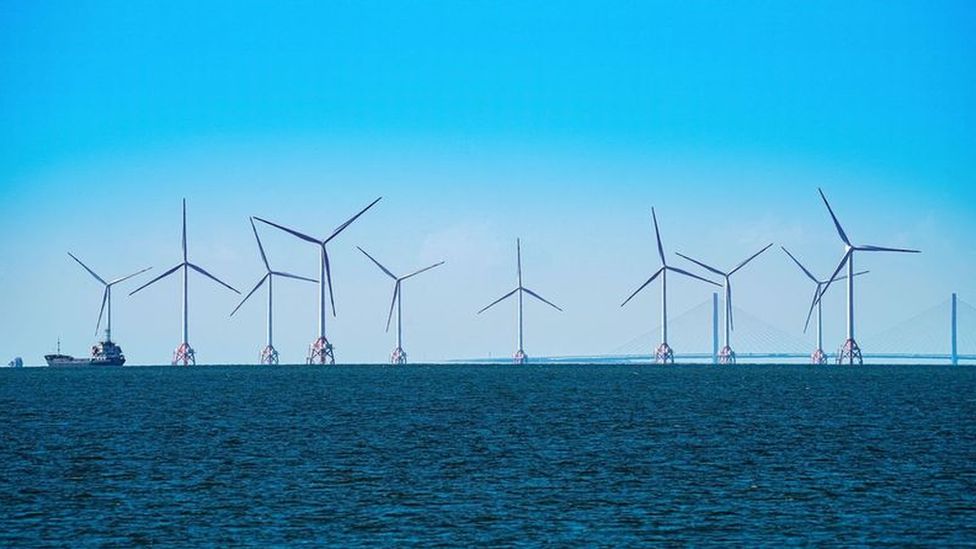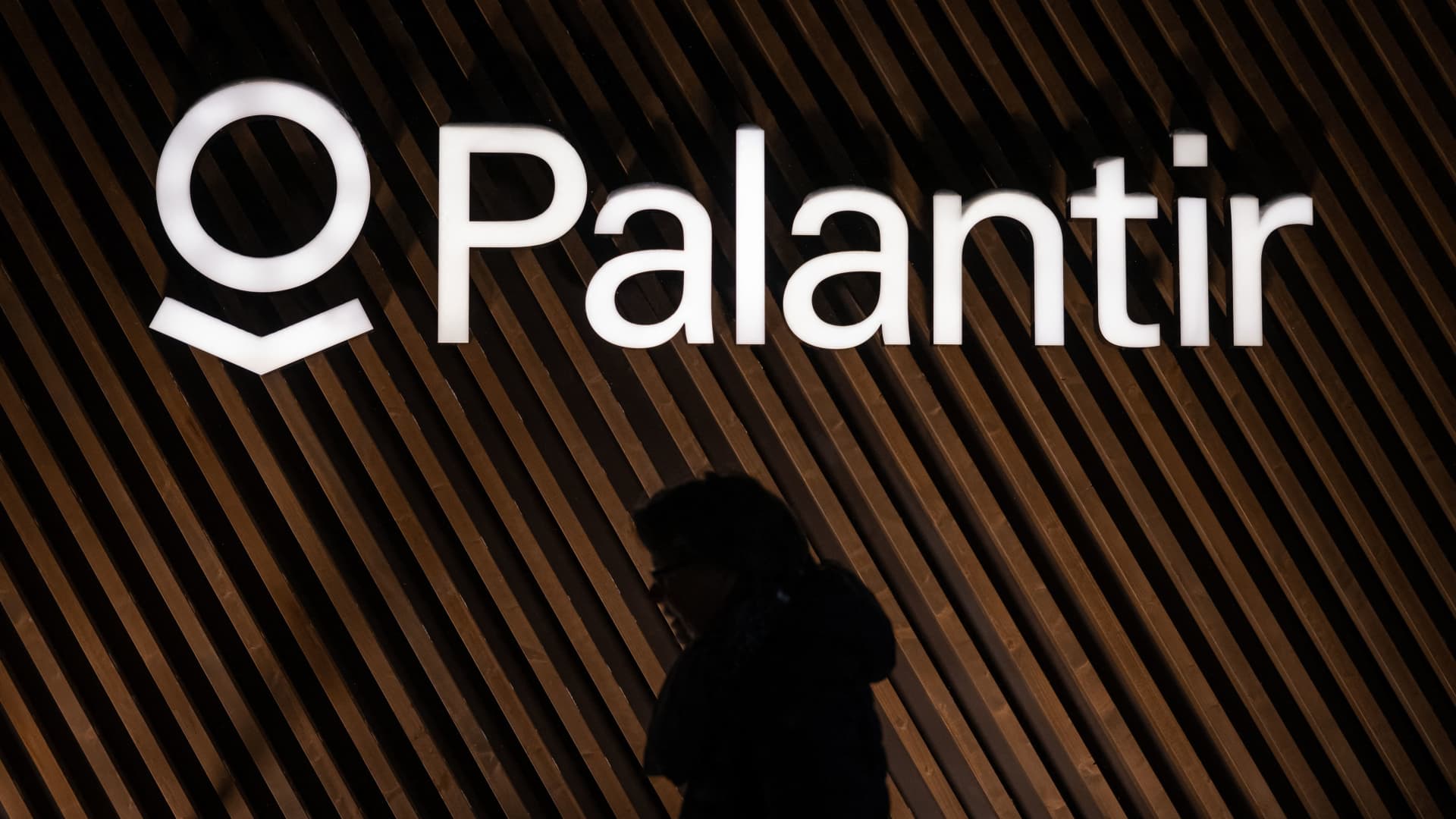
image copyrightGetty Images
Energy suppliers offering environment-friendly tariffs are not always as green as they sound, experts say.
Many “100% renewable” electricity tariffs use energy generated by fossil fuels, which is then “offset” for a small price.
Sustainable energy think tank Regen complains of “loose language and loose marketing” around green energy tariffs.
But industry body Energy UK says all renewable tariffs help to transform the grid for a low-carbon future.
The vast majority of energy suppliers now offer green tariffs and many promise 100% renewable electricity as standard.
However, some energy companies accuse others of “greenwashing” – using marketing spin to make “dirty” electricity seem clean.
“The sale of green tariffs increased remarkably in the period since 2015. In fact, it doubled between 2017 and 2018,” says Rob Gross, the director of the UK Energy Research Centre.
For many consumers, electricity which is environmentally friendly plays a role in which supplier they choose.
That was the case for Su in Gainsborough, who told the Jeremy Vine Show on BBC Radio 2: “The tariff we’re on at the moment has 100% renewable electricity, so they source all their energy from renewables. So wind, solar, hydro.”
We explained to Su that the supplier she was with sources the majority of its electricity from the wholesale market, which includes energy generated by gas and coal.
Then it purchases cheap renewable energy certificates called REGOs to effectively “offset” this. That allows her supplier to legally call the electricity “100% renewable”.
In response, Su said: “I’m not very impressed with that at all. To claim that all your energy is sourced renewably and then to do that is very misleading.
“That’s not giving consumers an informed choice about where they’re getting their electric from.”
Johnny Gowdy is a director at Regen, a not-for-profit organisation supporting the transition to a net-zero energy future.
He says: “The good news is, there’s a lot of demand for green energy products and that’s why the industry is responding to that.
“So there’s a success story here which has been muddied somewhat by loose language and loose marketing around green energy tariffs.”
REGO stands for Renewable Energy Guarantees of Origin. When an renewable unit of electricity is generated – for example, by a wind turbine – the regulator Ofgem issues a REGO to prove that this energy is green.
The person who owns that wind turbine is now allowed to sell the electricity and the REGO separately.
It means there is a marketplace where leftover REGOs are traded, and there are enough of them “going spare” that energy suppliers are able to purchase enough to cover the proportion of fossil fuels they sell to customers.
Some industry experts are supportive of REGOs and many agree that they have a role to play in expanding and supporting the renewable energy market.
The problem is how much they cost. They are cheap.
An energy supplier can make electricity from the wholesale market, which includes fossil fuels, look entirely green for just £1 or £2 per customer per year. The majority of UK energy suppliers are doing this to some extent.
The Department for Business, Energy & Industrial Strategy says: “We will be reviewing the REGO scheme this year. This will include ensuring people can make informed decisions over their energy supplier’s green credentials.”
For environmentally-conscious consumers, finding a truly “green” tariff is confusing.
Many suppliers have contracts to buy electricity directly from renewable electricity generators and some invest directly in renewable energy infrastructure. These are arguably “greener”, but tend to cost more.
The regulator, Ofgem, acknowledged this when it exempted three suppliers from the UK-wide energy price cap.
Ecotricity, Good Energy and Green Energy UK are allowed to charge more than their competitors because their electricity costs more to supply.
Energy UK, the trade body representing all suppliers, says that the bigger picture is very promising.
Its chief executive, Emma Pinchbeck, says: “All renewable tariffs, including those with REGOs, are supporting renewables in some way. Over a third of our power now comes from renewables.
“The reason we’re having this debate is everyone’s so enthused about a low-carbon world and that’s so exciting for us in the industry.”





